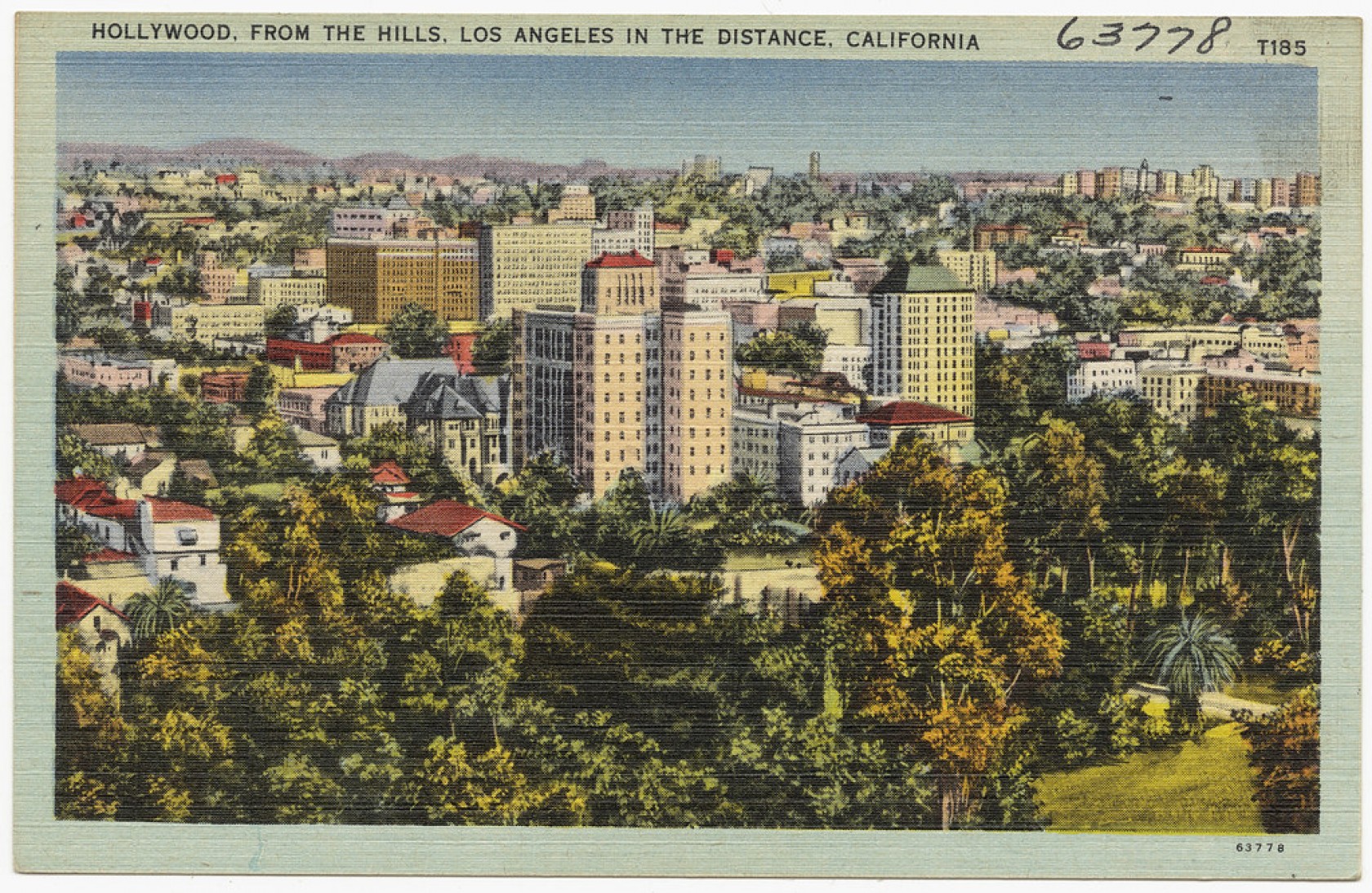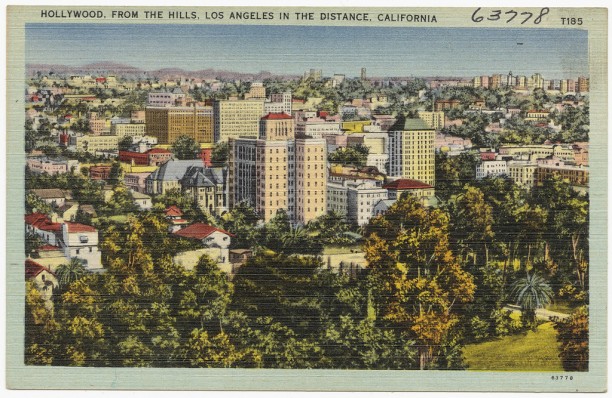Thursday, February 25, 4pm PST
To join, RSVP here.
As the global Covid-19 pandemic continues to force many of us to conduct much of our lives outdoors, we at MOCA believe that it is an opportune time to focus our programming on outdoor art in the public sphere. In doing so, we aim to call attention to the spaces that host these artworks and the ways that art, site, and public may work in tandem to create civic discourse. As part of this effort, we have organized Uncommon Commons, a series of virtual panel discussions that investigate the relationship between outdoor artworks, public sites, and the people that visit them.
Our urban public spaces have felt the pressure to accommodate increased use and cater to the needs of a population that requires outdoor interaction. Given this increase in outdoor activity, the effects of both small and wide-scale environmental degradation has become even more evident, as are its effect on the health of the public. Whether the issue is pollution from urban waste, poor air quality and smog caused by wildfires, or ocean water quality due to runoff, Los Angeles has long been plagued by environmental concerns, issues which have become more acute over the course of the last decade.
The calls for environmental justice have reached a fever pitch in recent years and many artists, curators, and institutions are attempting to understand how their practices can buoy these efforts. This month’s Uncommon Commons will explore what role public art can take in calling attention to environmentalism, conservation, and environmental justice.
Panelists:
Shelley Luce, Heal the Bay
Dr. Shelley Luce, formerly of Environment Now and The Bay Foundation, returned to Heal the Bay as the new President and CEO in May 2017. Luce, who holds a Doctorate of Environmental Science and Engineering from UCLA, began her advocacy career as a Staff Scientist at Heal the Bay from 2001-05, spearheading the successful fight to implement the state’s first zero-trash policy in the L.A. River. Heal the Bay is an environmental nonprofit dedicated to making the coastal waters and watersheds in Greater Los Angeles safe, healthy, and clean. We use science, education, community action, and advocacy to fulfill our mission. As President and CEO, Shelley is responsible for determining Heal the Bay’s policy priorities, forming smart strategic alliances, and growing public participation across greater Los Angeles. Shelley’s technical and policy expertise in water issues combined with her passion for environmental protection makes her a strong advocate and a California leader on water issues. Dr. Luce is an alternate on the California Coastal Commission. Shelley is a scientist, a surfer and a passionate protector of the environment.
David Johnson, MOCA Environmental Council Co-Chair
David Johnson is the founder of Act 4 Entertainment, a filmed entertainment and new media content company. He lives in Los Angeles. In the environmental field, Johnson executive produced Company Town about environmental destruction in Crossett, Arkansas and is currently in production on Canary, a documentary about the life of climate scientist Lonnie Thompson. He was previously a partner of the international law firm of White & Case. Johnson is a Life Trustee and former Board of Trustees Co-Chair of MOCA. Johnson is a board member and former Chair of Public Counsel Law Center and founded its Opportunity Under Law project and serves on the boards of California Institute of the Arts, Demos, Human Rights Watch (California), the Smithsonian National Board, Voices of a People’s History of the United States, and the Yale School of Drama. He is a graduate of Yale College and Harvard Law School.
Emily Womack, Public Art Consultants, CEO of Dyson & Womack
Emily Womack is the co-founder of Dyson & Womack, a public art consulting, fabrication, and design firm that manages and advises on significant public and private contemporary artworks and programs. Dedicated to the development of methodologies that increase equity and support environmentally progressive approaches to cultural art integrations, Womack stands out as an expert in the field of public art management and policy. As a leader in public art consulting, Womack has completed projects for the State of California, the British Council, the City of Los Angeles, Bloomberg Philanthropies, the Los Angeles Philharmonic, among other renowned cultural institutions. Significant projects include CURRENT:LA, the City of Los Angeles' public art triennial, and the California Air Resources Board Public Art Program where her work will result in the largest permanent collection of artworks addressing air quality and climate change worldwide.
Noé Montes, Photographer
Noé Montes was born in Modesto, CA. He grew up in a family of migrant farm workers that travelled throughout California’s Central Valley following harvests. After high school he worked briefly in the field of electronics before finding the medium of photography. Around the same time, he began working with community organizations in order to share what he was learning with the goal of helping people. Over the last 25 years, Montes has developed a socially engaged practice in which he creates documentary work around a specific social justice issue or a geographic location. He then uses that work as a tool for community and civic engagement through programming with local partners. The programming takes the form of educational workshops, community dialogues, public art installations and the creation of online resources. He also works to integrate the stories of the communities he documents into the American historical narrative.
Virtual MOCA is a new and daily digital series available on both moca.org and across MOCA's social media platforms. To enjoy the breadth of this program, please follow us on our social channels:
Instagram: @moca
Facebook: @mocalosangeles
Twitter: @mocalosangeles
All Virtual MOCA content is archived and sent out via email at the end of each week. For easy access to previous programs, subscribe to our mailing list.
Virtual MOCA is presented by the MOCA Thrive Fund courtesy of Chara Schreyer.
Artists’ participation in MOCA’s public programs are supported by the Sam Francis Foundation, California.

